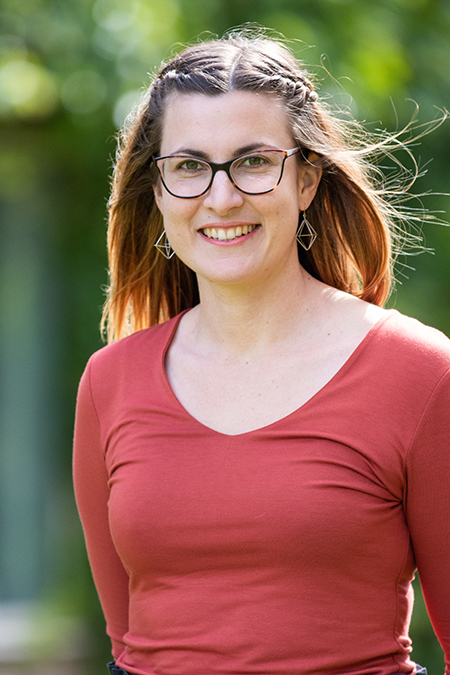Important Aspects of Female Physiology and Women’s Health
Meet Felicity Davis
“When an organ malfunctions, medical interventions typically focus on restoring function, where possible, or repairing or replacing the damaged tissue. To optimally achieve this, however, we must first understand how the organ is formed, how it may regenerate and how it functions.”
How thousands to billions of cells are produced and arranged in space and time to execute a defined task at the cell level and cooperatively achieve a biological outcome at the organ level, is something that associate professor Felicity Davis finds incredibly fascinating.
“When an organ malfunctions, medical interventions typically focus on restoring function, where possible, or repairing or replacing the damaged tissue. To optimally achieve this, however, we must first understand how the organ is formed, how it may regenerate and how it functions. A lack of models and methods to observe how some cells sense, decode and respond to developmental and physiological cues in complex 3D environments, however, has limited our progress in this pursuit,” Felicity Davis explains.
New insights
Using advanced microscopy and novel animal models, Felicity Davis and her team are able to observe signal-response relationships in epithelial cells deep within living tissue. They use this approach to provide new insights into the molecular mechanisms that orchestrate the formation, function and failure of the mammary gland (breast).

“The mammary gland is important for the health and survival of all mammals. However, our understanding of how this tissue grows, how it changes throughout life and how it functions during lactation remains incomplete. My research seeks to shed light on this important aspect of women’s, mothers’ and babies’ health,” Felicity Davis says.
How do cells communicate?
Felicity Davis and her team investigate all aspects of mammary gland biology. Currently, they have projects exploring how this tissue develops, how it functions during lactation, how it remodels after lactation and how things go wrong in certain disease states. They are particularly interested in how these cells communicate, often over long distances, to control biological and pathological processes.
“I hope to have an impact in two main areas. I hope that my lab is able to shed new light on important aspects of female physiology and women’s health. Whilst doing good science is our main objective, I also think it is important to reflect on the way in which we practice science and the scientific environment. This means actively promoting equity, diversity and inclusion in the workplace and creating a culture where everyone can contribute and be their best,” Felicity Davis says.